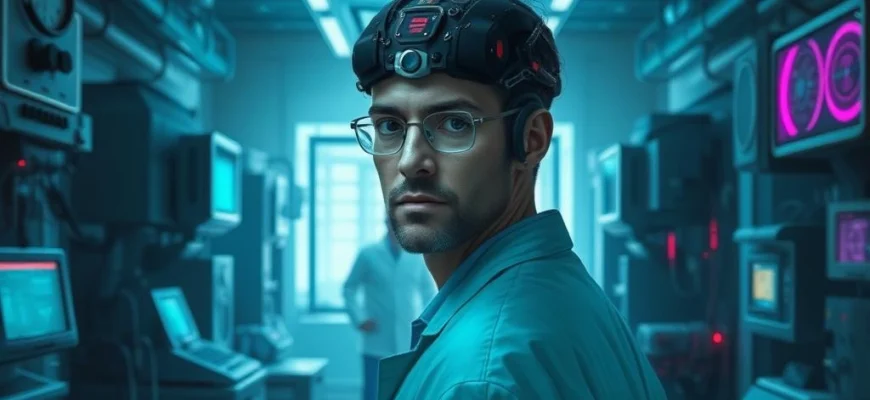If you enjoyed the gripping sci-fi thriller 'Smart Drugs' (2018), you're likely craving more mind-bending stories that explore the dark side of cognitive enhancement. This article curates 10 similar movies and shows that delve into themes of intelligence augmentation, ethical dilemmas, and the consequences of playing god with the human mind. Whether you're fascinated by the moral quandaries or the high-stakes drama, these picks will keep you on the edge of your seat.
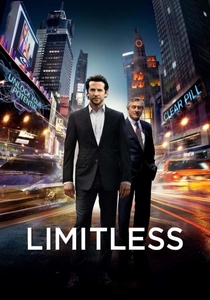
Limitless (2011)
Description: Explores the concept of cognitive enhancement through a mysterious drug, leading to heightened intelligence and unforeseen consequences.
Fact: The film's visual effects were inspired by the idea of showing the protagonist's enhanced perception of the world. It was originally intended to be a TV series before being developed into a feature film.
 Watch Now
Watch Now 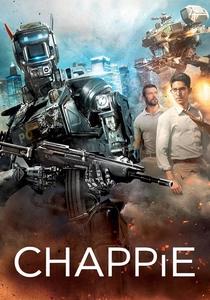
Chappie (2015)
Description: A sentient robot learns and evolves through human interaction, raising questions about consciousness, morality, and the nature of intelligence.
Fact: The robot Chappie was portrayed through a combination of practical effects and CGI. The film is set in a near-future Johannesburg, blending sci-fi with social commentary.
 Watch Now
Watch Now 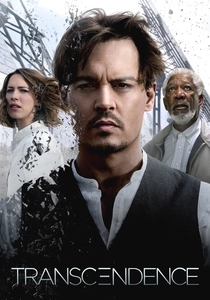
Transcendence (2014)
Description: A dying scientist's consciousness is uploaded into a computer, raising questions about the merging of human intelligence with artificial systems.
Fact: The movie marked the directorial debut of Wally Pfister, a longtime cinematographer for Christopher Nolan. It delves into the potential and perils of technological singularity.
 Watch Now
Watch Now 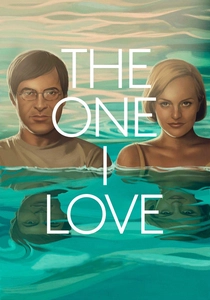
The One I Love (2014)
Description: A couple's retreat turns surreal when they encounter doppelgängers of themselves, exploring themes of identity, relationships, and self-discovery.
Fact: The film was marketed as a romantic comedy but delves into psychological and sci-fi elements. Its twisty narrative keeps viewers guessing until the end.
 Watch Now
Watch Now 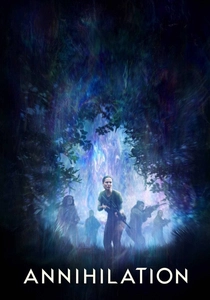
Annihilation (2018)
Description: A team of scientists enters a mysterious zone where the laws of nature are distorted, leading to surreal and transformative experiences.
Fact: The film's visual effects were inspired by natural phenomena like bioluminescence. It leaves many questions unanswered, encouraging viewers to interpret its symbolism.
 Watch Now
Watch Now 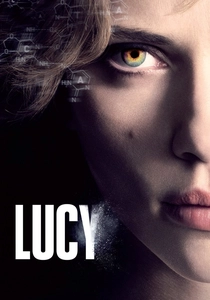
Lucy (2014)
Description: Centers on a woman who gains superhuman abilities after ingesting a synthetic drug, delving into themes of human potential and evolution.
Fact: The movie's premise is loosely based on the myth that humans only use 10% of their brain capacity. It features a unique blend of action and philosophical musings on consciousness.
 Watch Now
Watch Now 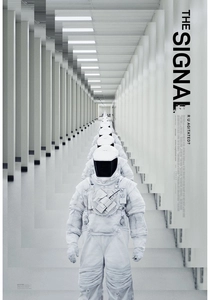
The Signal (2014)
Description: A group of students encounter a mysterious signal that leads to a surreal and mind-bending experience, blending sci-fi with psychological thriller elements.
Fact: The film was shot in just 23 days. Its ambiguous narrative leaves much open to interpretation, inviting viewers to question reality.
 Watch Now
Watch Now 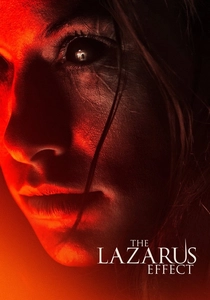
The Lazarus Effect (2015)
Description: A scientific experiment to revive the dead leads to unexpected and terrifying results, touching on the ethical dilemmas of pushing human limits.
Fact: The film was shot in just 20 days. It explores the thin line between life and death, blending horror with scientific curiosity.
 Watch Now
Watch Now 
The Girl with All the Gifts (2016)
Description: A post-apocalyptic story where a young girl with unique abilities holds the key to humanity's survival, blending horror with deep philosophical questions.
Fact: The film is based on a novel of the same name. It subverts traditional zombie tropes by focusing on the potential for evolution and coexistence.
 Watch Now
Watch Now 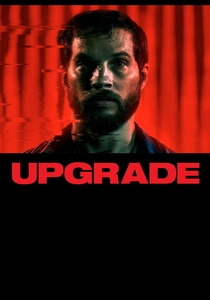
Upgrade (2018)
Description: A man implanted with a cutting-edge AI chip gains extraordinary abilities, but the technology begins to take control, exploring themes of autonomy and augmentation.
Fact: The film's action scenes were choreographed to mimic the movements of a puppet, reflecting the protagonist's loss of control. It was made on a modest budget but received critical acclaim for its innovative storytelling.
 Watch Now
Watch Now 
